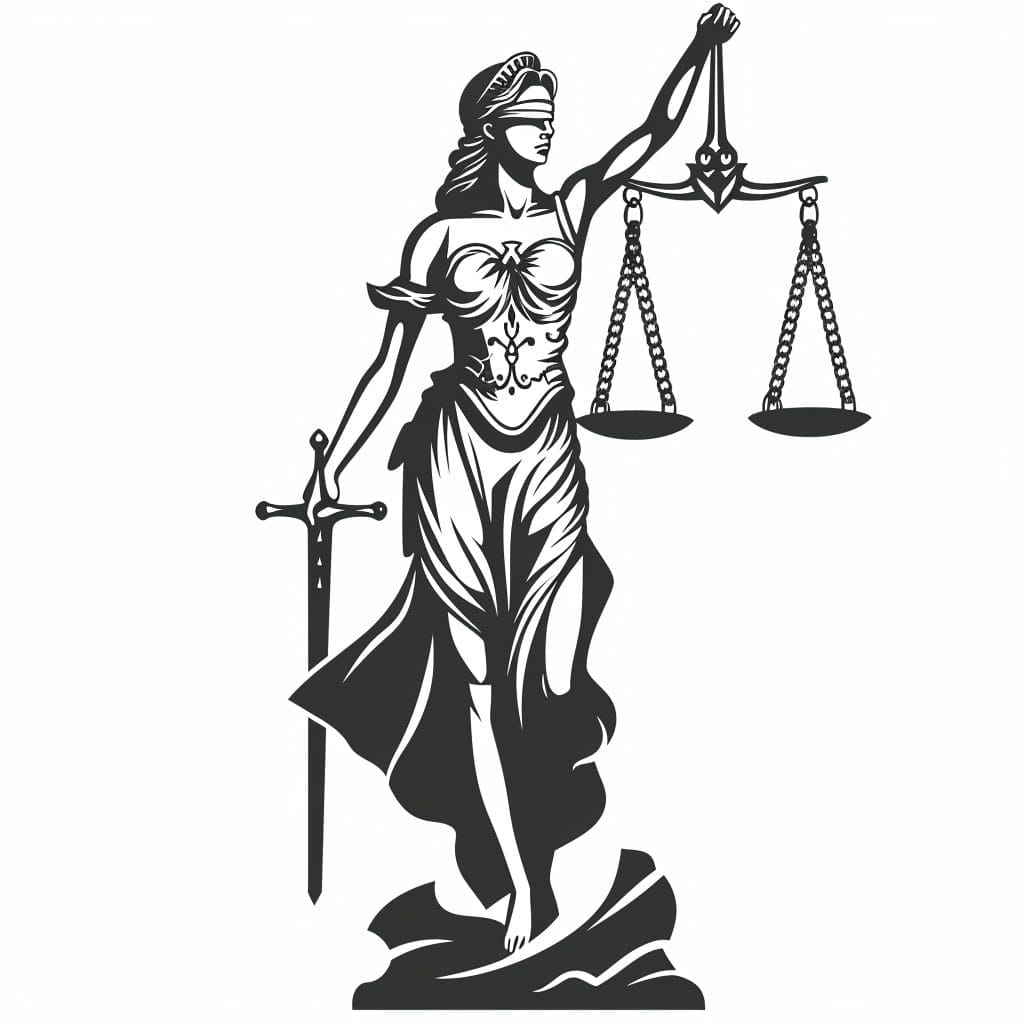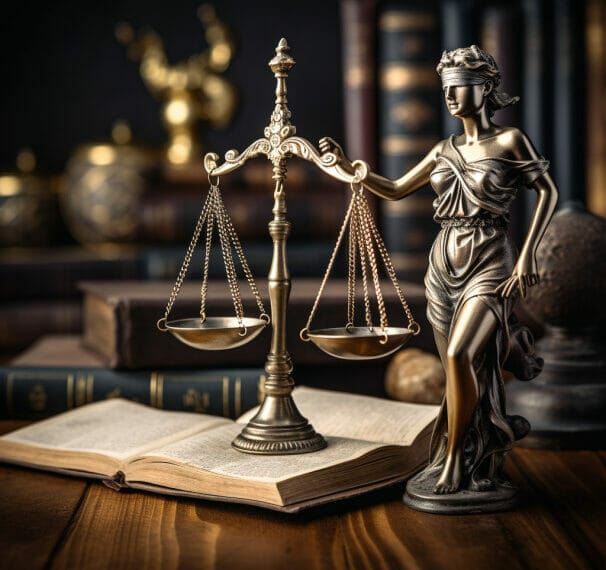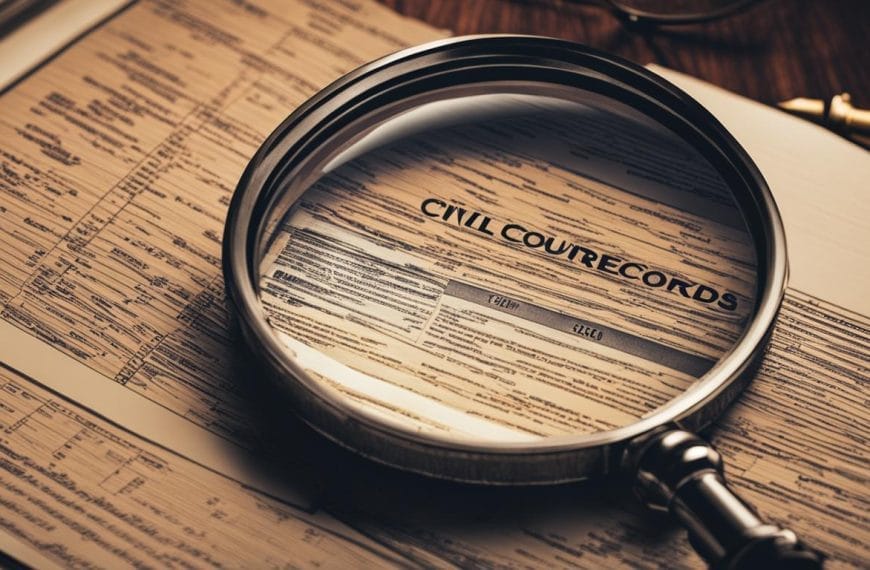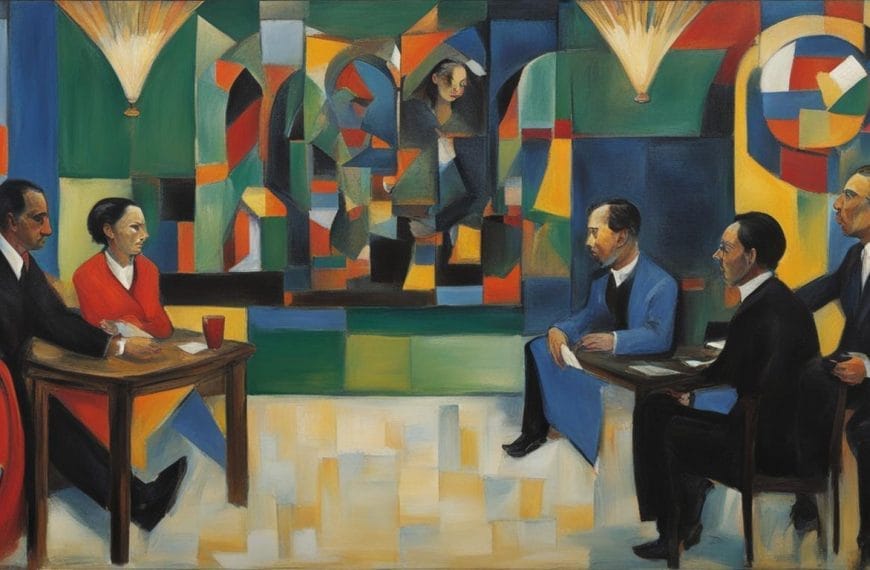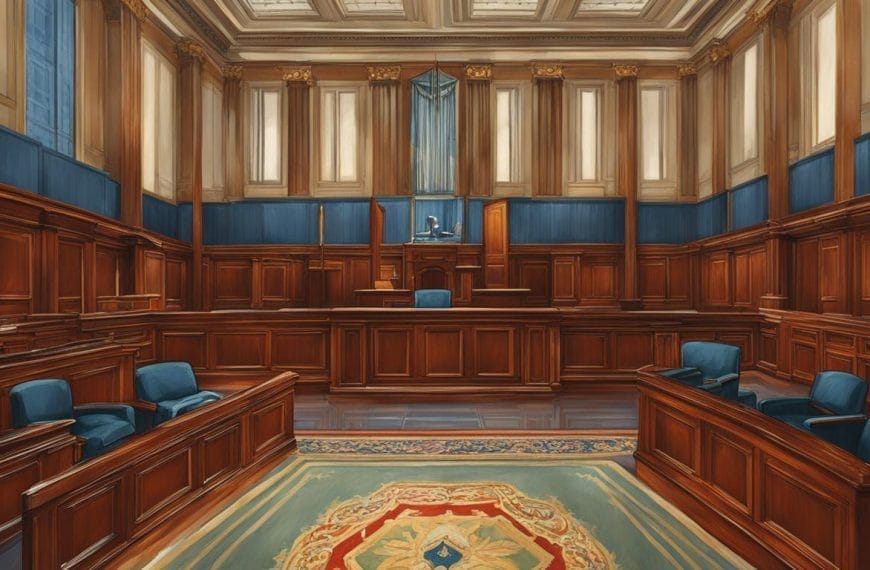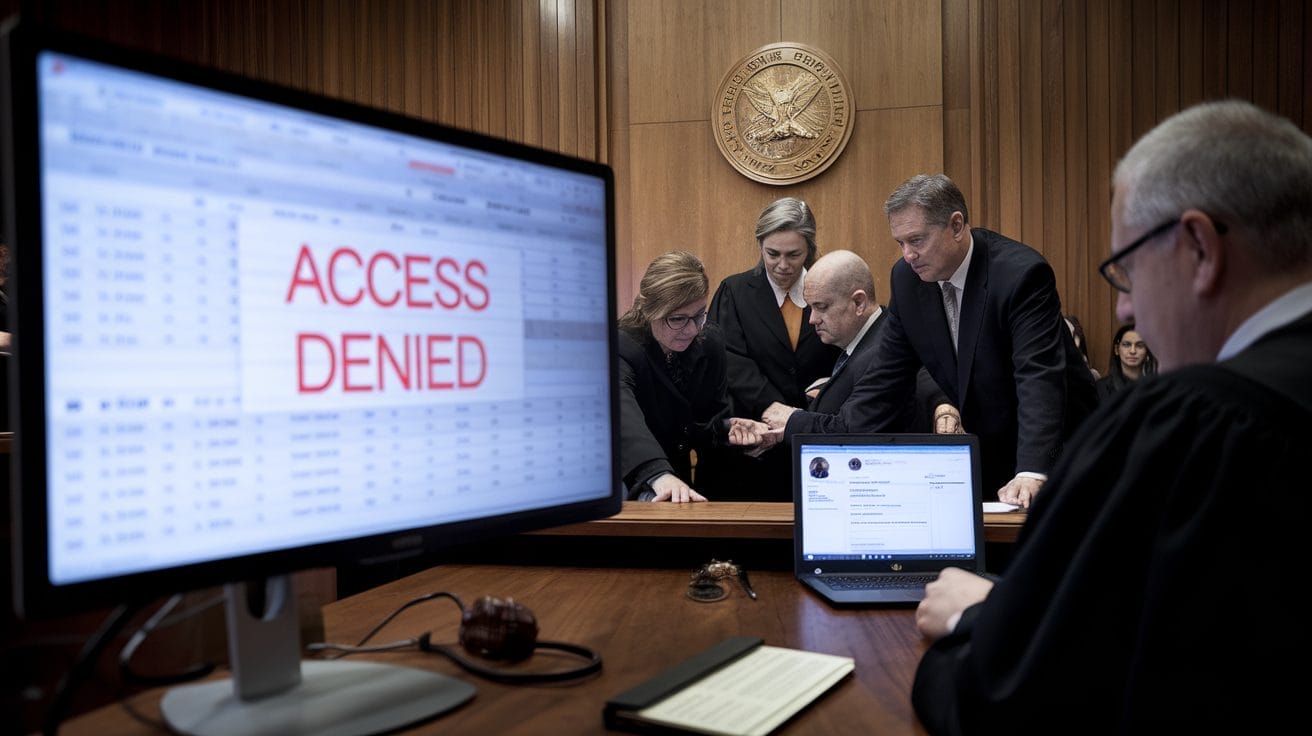Welcome to our article series on the NYC Civil Court! In this first section, we will delve into the jurisdiction of the NYC Civil Court and provide you with a clear understanding of its role in the New York City legal system.
The NYC Civil Court, a part of the New York State Unified Court System, handles a wide range of civil cases within New York City. It has the authority to hear and decide lawsuits involving claims for damages up to $25,000, making it an essential venue for resolving various disputes.
Whether you’re dealing with personal or property damages, contract disputes, or disagreements over services rendered, the NYC Civil Court is here to provide a fair and timely resolution. Additionally, it has dedicated divisions, such as the Housing Court, which enforces state and local housing standards laws.
The jurisdiction of the NYC Civil Court covers a wide array of actions, including ejectment, replevin of personal property, real property actions like partitions and foreclosures within monetary limits, and actions to rescind or reform a contract not exceeding the $50,000 jurisdictional limit. While it is a single citywide court, it has divisions based on each county (borough) within New York City.
Stay with us as we continue to explore and demystify the NYC Civil Court system. In the next section, we will break down the intricacies of understanding its jurisdiction in detail. So, let’s dive in!
Understanding the Jurisdiction of the NYC Civil Court
The jurisdiction of the NYC Civil Court is governed by the Civil Court Act. It encompasses a wide range of cases and provides a framework for resolving civil disputes within New York City. Let’s delve into the various aspects of the court’s jurisdiction.
Monetary Jurisdiction
The NYC Civil Court has the authority to handle cases involving monetary claims up to $50,000. This includes actions for replevin, which applies when the value of the chattel does not exceed the jurisdictional limit.
Real Property Actions
The court also exercises jurisdiction over real property actions, such as partitions and foreclosures, within the monetary limit of $50,000. This means that disputes relating to property ownership, sharing, or foreclosure proceedings can be litigated in the NYC Civil Court.
Equity Jurisdiction
Additionally, the court has equity jurisdiction with certain limitations. It can adjudicate real property actions, ejectment actions, and actions to rescind or reform a contract as long as they do not involve more than the $50,000 jurisdictional limit. This provides a remedy for parties seeking to rectify or enforce specific rights related to property and contract matters.
Cases handled by the NYC Civil Court
The NYC Civil Court handles a wide range of cases within its jurisdiction. Some examples include:
- Small loans
- Goods sold and delivered
- Labor and services
- Hospital bills
- Professional services
- Trade services
- Personal property matters
- Personal injury cases
- Subrogated claims
- Rent payment disputes
- Commercial landlord-tenant cases
These are just a few examples of the cases that fall within the jurisdiction of the NYC Civil Court. The court provides an accessible avenue for individuals and businesses seeking resolution for civil disputes within the boundaries of New York City.
In this section, we explored the key elements of the jurisdiction of the NYC Civil Court. From monetary and real property actions to equity jurisdiction, the court plays a vital role in adjudicating a wide range of civil cases. Understanding the jurisdiction of the NYC Civil Court is essential for individuals and businesses navigating the legal landscape of New York City.
Overview of the NYC Civil Court System
The NYC Civil Court is an essential component of the New York State Unified Court System, serving the legal needs of the diverse population within New York City. As one of the trial courts of limited jurisdiction in the city, it plays a crucial role in resolving civil disputes and ensuring access to justice for all.
The court is structured into three distinct parts, each dedicated to handling specific types of cases:
Housing Part
The Housing Part focuses on the enforcement of state and local housing standards laws and handles eviction proceedings. It aims to protect the rights of tenants and landlords, ensuring compliance with housing regulations and addressing disputes arising from housing conditions.
Small Claims Part
The Small Claims Part, also known as Small Claims Court, provides a simplified and cost-effective legal resolution path for individuals seeking remedies for monetary disputes. It encourages self-representation and allows individuals to present their cases without the need for legal representation. The Small Claims Part resolves claims involving amounts up to $5,000, offering an accessible avenue for individuals to seek justice.
General Civil Part
The General Civil Part handles a wide range of civil cases within the court’s jurisdiction. This part is responsible for resolving disputes related to personal injury, property damage, contract disputes, and other civil matters. It provides a forum for individuals and businesses to seek legal redress and ensure fair resolution of their disputes.
The structure of the NYC Civil Court system allows for specialized handling and streamlined processes, ensuring efficient resolution of cases within its jurisdiction. This enables individuals to access justice, protect their rights, and seek legal remedies in a timely and effective manner, contributing to a fair and balanced legal system within New York City.
Judges in the NYC Civil Court
The NYC Civil Court is presided over by approximately 120 Civil Court judges. These judges are elected to 10-year terms and may be assigned to the Criminal Court, Family Court, or Supreme Court by the Chief Administrative Judge of New York. Civil Court judges are elected countywide or from specific districts within each county. The appointment process includes filing petitions to be considered as a candidate, obtaining the required number of signatures, and participating in open primaries. The court also has housing judges who are appointed by the Chief Administrative Judge to five-year terms. They handle the housing parts of the Civil Court and ensure the enforcement of housing standards laws. Additionally, volunteer arbitrators, appointed by the administrative judge, hear and decide disputes in the Small Claims Part of the court.
Key points about the judges in the NYC Civil Court:
- Approximately 120 Civil Court judges preside over the NYC Civil Court.
- Judges are elected to 10-year terms and can be assigned to other courts.
- Civil Court judges are elected countywide or from specific districts within each county.
- The appointment process involves filing petitions, obtaining signatures, and participating in open primaries.
- Housing judges ensure the enforcement of housing standards laws within the Civil Court.
- Volunteer arbitrators hear and decide disputes in the Small Claims Part of the court.
| Role | Responsibilities |
|---|---|
| Civil Court judges | Preside over civil cases within the NYC Civil Court jurisdiction |
| Criminal Court, Family Court, or Supreme Court judges | May be assigned to other courts by the Chief Administrative Judge of New York |
| Housing judges | Enforce housing standards laws within the Civil Court |
| Volunteer arbitrators | Hear and decide disputes in the Small Claims Part of the court |
With a diverse and dedicated roster of judges, the NYC Civil Court ensures fair and impartial adjudication of civil cases within its jurisdiction. These judges play a vital role in upholding justice and resolving disputes in a timely and efficient manner.
Conclusion
The NYC Civil Court plays a vital role in the New York City legal system, ensuring accessible and efficient resolution paths for civil disputes. With its wide jurisdiction and monetary limits, the court enables individuals and businesses to seek justice and resolve legal matters fairly and promptly. Its specialized divisions, such as the Housing Part, Small Claims Part, and General Civil Part, cater to specific case types, facilitating specialized handling and efficient resolution.
The court’s judges, including Civil Court judges, housing judges, and volunteer arbitrators, contribute to the smooth functioning of the system and the delivery of justice. Their expertise and commitment ensure that cases are heard and decided impartially. The jurisdiction of the NYC Civil Court is instrumental in maintaining a fair and balanced legal system within New York City, providing a crucial avenue for individuals and businesses to uphold their rights and seek redress.
In conclusion, the NYC Civil Court’s jurisdiction serves as the cornerstone of the legal framework in New York City, offering individuals and businesses ample opportunities to address their civil disputes. From resolving property damage claims to tackling contract disputes, the court’s comprehensive jurisdiction covers a wide range of cases, empowering parties to seek resolution and find closure. Through its divisions and dedicated judges, the NYC Civil Court strives to create a fair and efficient legal environment that upholds justice and protects the rights of all citizens.
